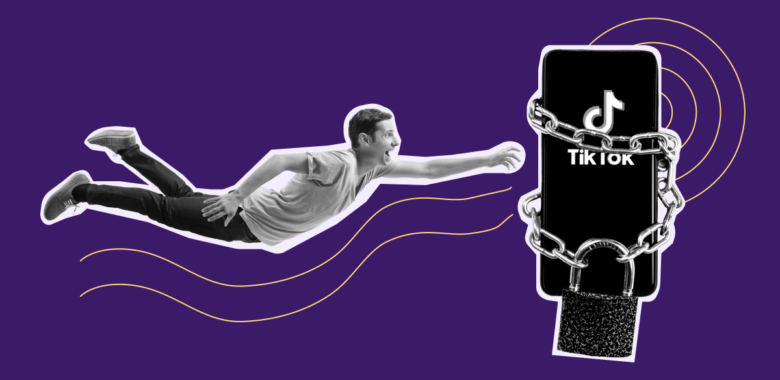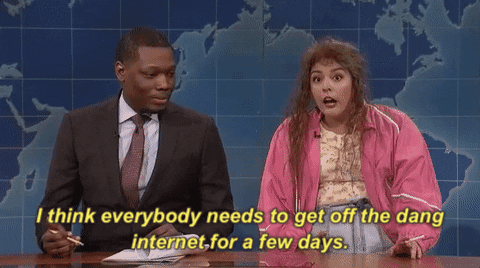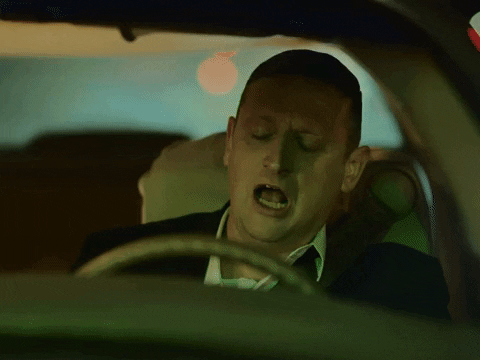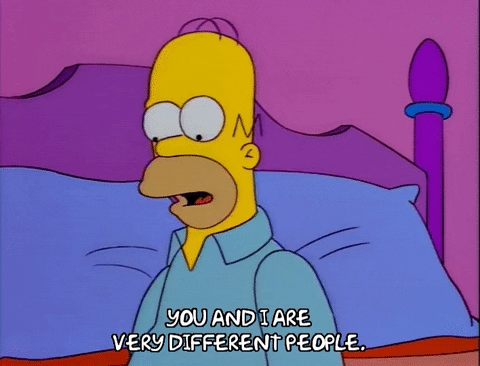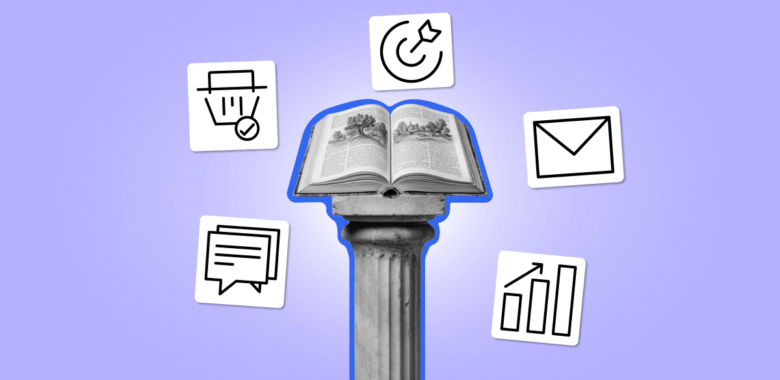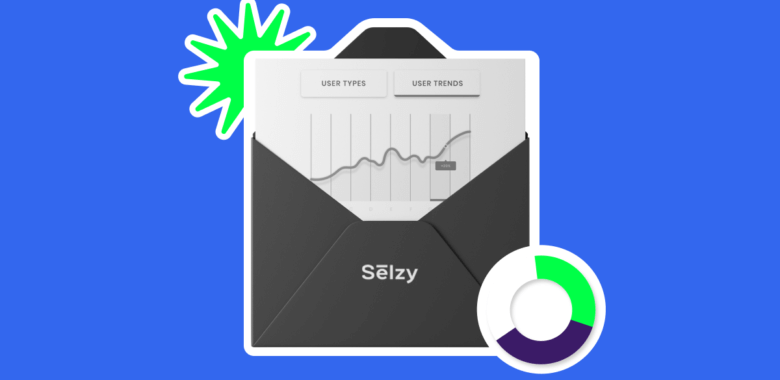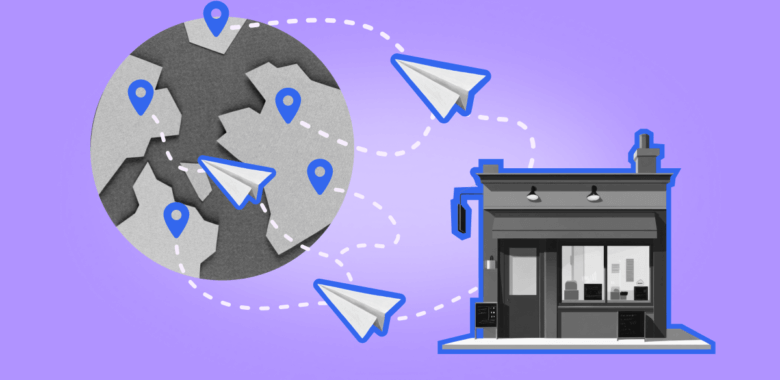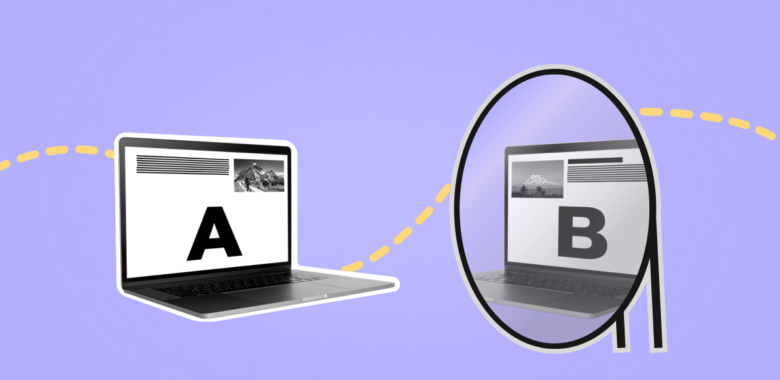What is dopamine detox?
Dopamine detox, or dopamine fasting, is the practice of identifying the impulsive behaviors that bring the feeling of instant gratification, and quitting them for a fixed period of time — usually it’s from a few days up to a week. The technique was suggested by cognitive behavioral therapist Cameron Sepah as a method to control addictions. He proposes six groups of the said addictions:
- Emotional eating
- Internet and gaming
- Gambling and shopping
- Porn and masturbation
- Thrill or novelty-seeking behaviors
- Recreational drug use
However, the term is misleading. “Detox” implies that you’re flushing something out of your body. Dopamine is a neurotransmitter that is produced by the brain no matter what — you can’t really detox from it. The name may be one of the reasons why many people thought of it as asceticism. A BBC reporter misinterpreted it as literal fasting and didn’t even eat for 24 hours. A journalist from The NY Times thought of it as total sensory deprivation. And this article from British GQ compares dopamine fasting with “hunger cure” and questions the validity of the practice, calling it a “Silicon Valley Fad”.
Thanks to this representation in the media, some Reddit users took the practice to the extreme too. For example, this r/DopamineDetoxing member asks if an intellectual game that requires niche skills and strategic thinking is “too fun”:
